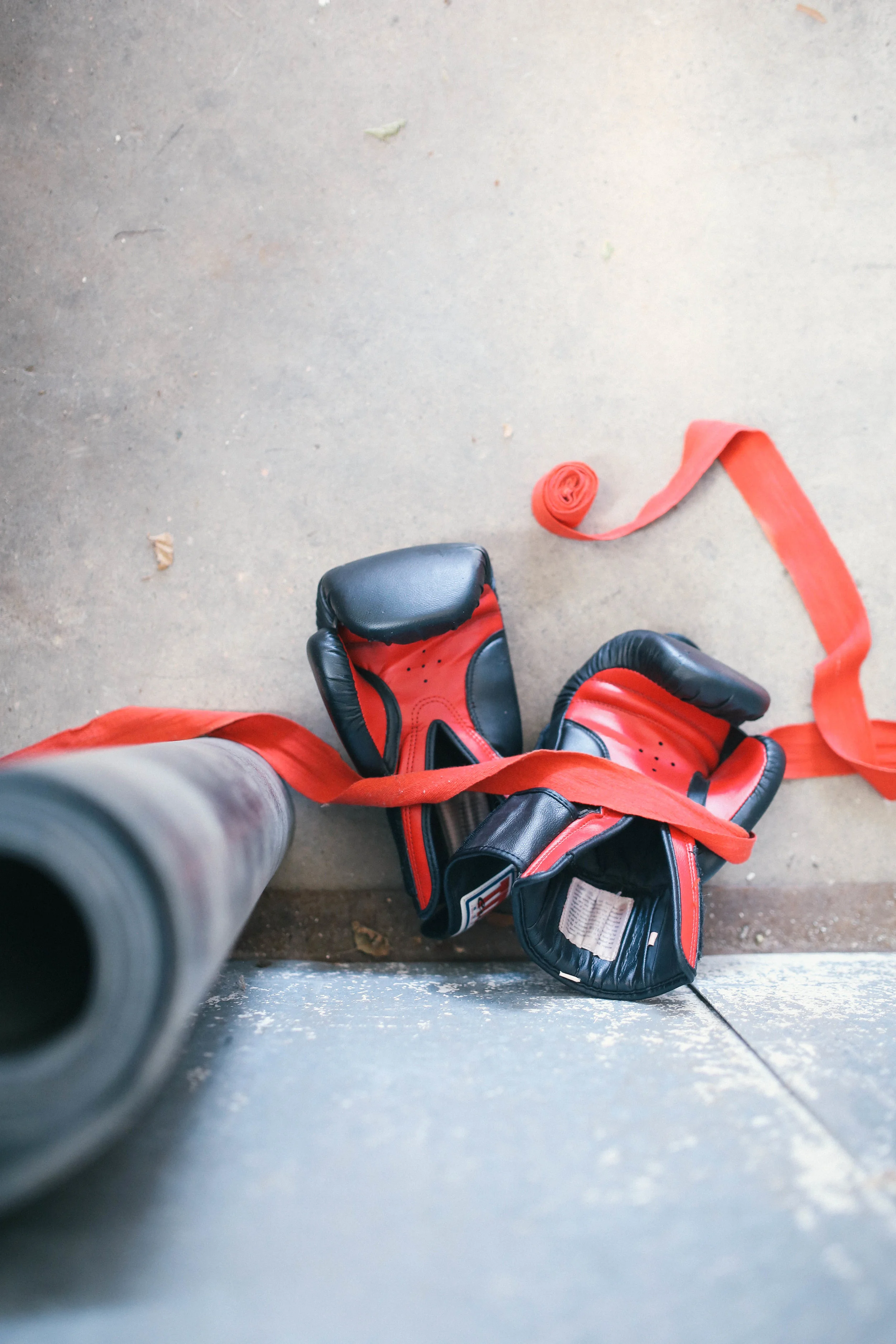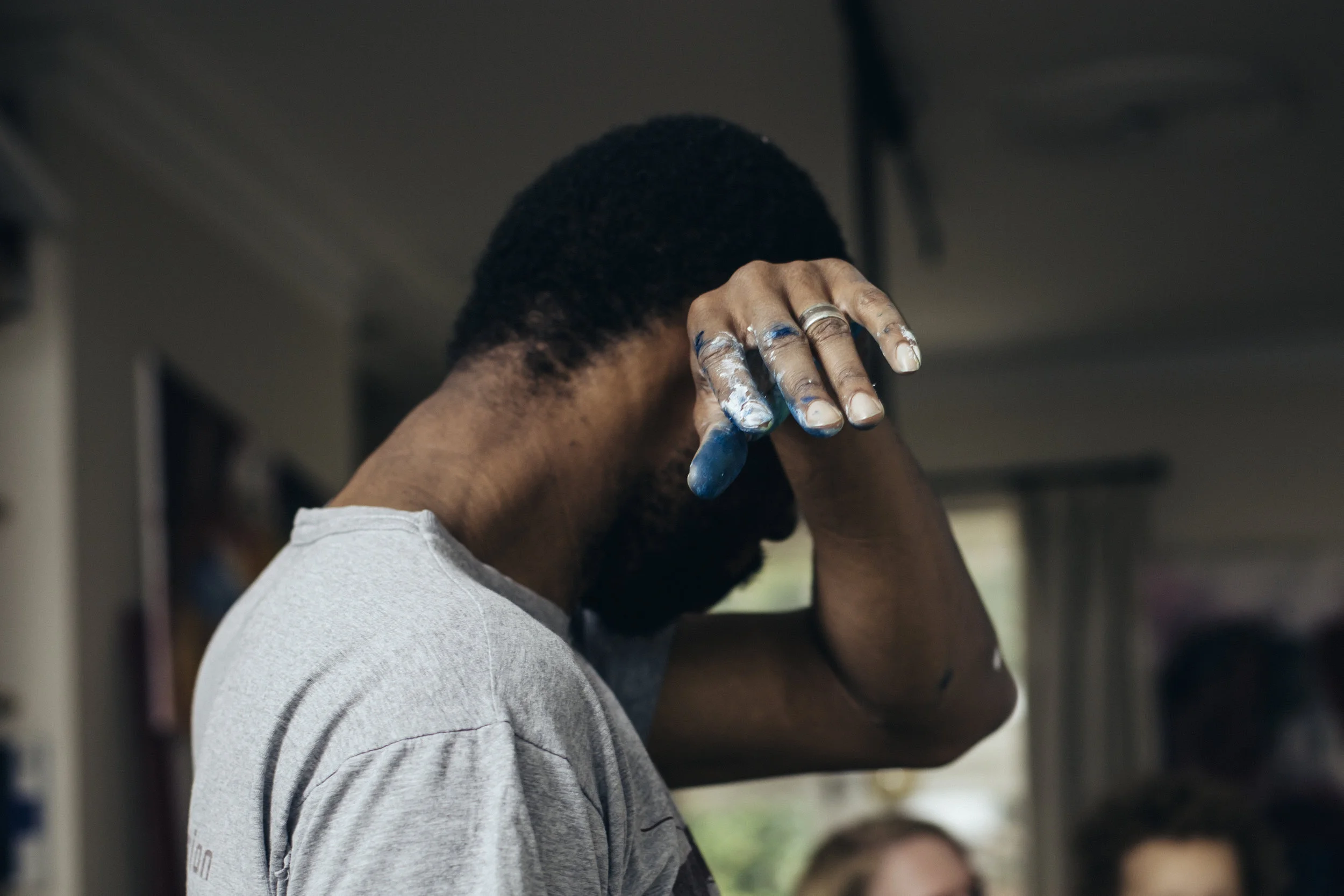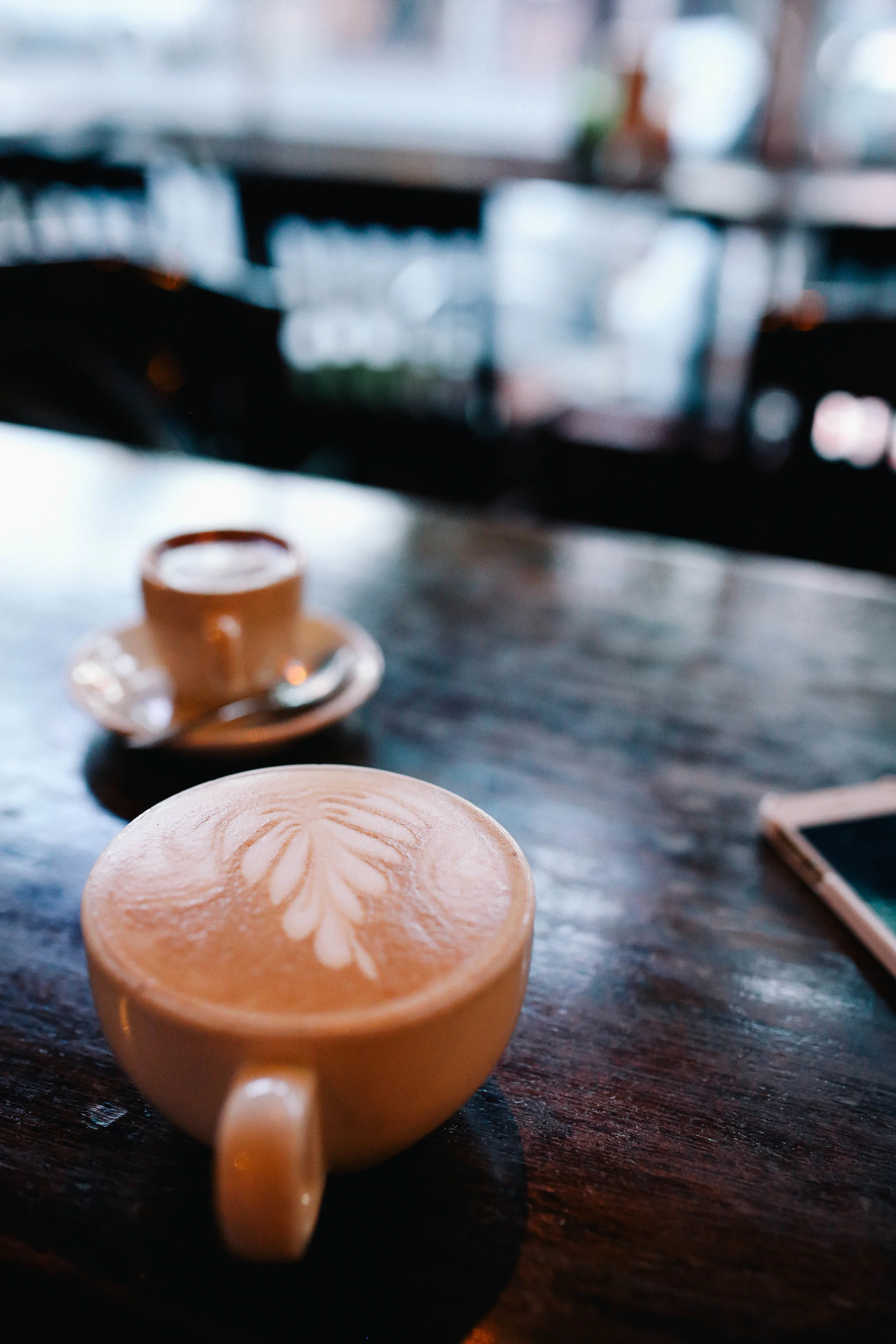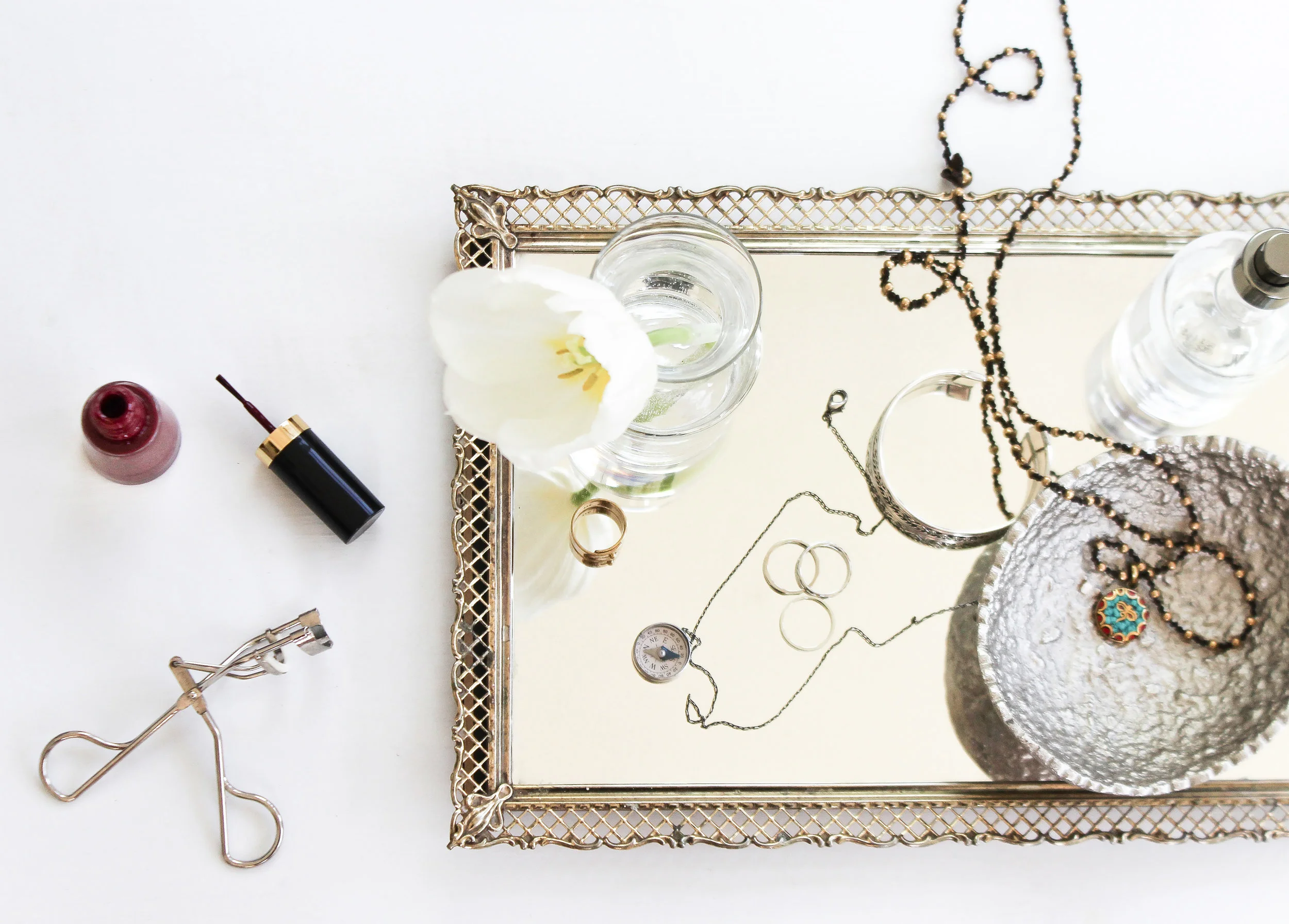Two weeks ago, I talked about how I got "tricked"into buying a gym membership during the holidays.
I"ve also talked about motivation for going to the gym. If your goal is weight loss, you're just not likely to go. That's behavioral psychology, bitches.
Hey, the holidays can be a great time to hit the gym. It's an awesome way to get away if you're having a frustrating time. It's something to do when you're feeling lonely or stir-crazy. Exercise also releases endorphins. It's literally a way to feel better if you're angry about how your Aunt burned the Brussels sprouts.
BUT........Thanksgiving is just one of those times when it's too easy for trainers to talk about "burning off" your food. It's just a hot mess of "fat talk" and "preventing weight gain."
In case you are feeling anxious about the Black Friday gym rush, here are some reasons that you can take a break.
1. Gyms make money off you not going.
In 2014, All Things Considered revealed how gyms need the people who don't go to subsidize people who do. For example, Planet Fitness has 6500 members, but if all 6500 of those members actually showed up, they would likely be breaking fire code.
If you're not likely to go anyway, subsidize your self-care, not the diet industry.
2. Built-in breaks are good for you.
My old swim coach used to say that you could ramp up your training for up to 12 weeks. After that, however, you might be hurting yourself rather than helping.
Since this was over a decade ago, the best source I could find to corroborate this was livestrong.com. Bodybuilders do what they call a "deloading week." This actually enhances their performance.
Maybe Thanksgiving & Christmas could be your "deloading" weeks.
3. Health is not just about EXERCISE.
Arianna Huffington wrote a whole book about this. In her book Thrive (and on other places on the internet) she explains the importance of rest. She points out that Americans leave "175 million vacation days unused." She writes, "61 percent of Americans confess to working while on vacation."
Not only are Americans not taking their vacation, but they're also working on vacation. And vacations are good for you.
Sleep and rest and love and family are good for you, too. So, if your gym routine is getting in the way of those healthy pieces of your life, it's okay to skip it.
4. Diet and exercise are not preventing weight gain in the long run.
People often talk about spiraling out of control whenever they're off their normal "routine."
Weight gain after periods of "routine" might be a signal that you are restricting too much. There's actually more correlation between dieting and weight gain than dieting and weight loss.
5. If you're not restricting, set point theory will protect you from ballooning.
Genetics play a big role in determining your weight. You might have noticed that your weight doesn't fluctuate too much even when you diet. I know I've gained and lost the same pounds over and over again.
I've talked about set point theory a lot.
But if you still don't believe me, listen to this scientist explain it.
Set point theory means that your body has a certain weight it wants to be at. If you eat extra stuffing, your set point will keep your body at homeostasis within a certain range.
6. Gaining a little weight might keep you warm in the winter.
If you're into seasonal foods, why not be into seasonal weight gain? Our ancestors wanted a little extra to keep them warm during cold winter cave nights. Winter foods tend to be heavier. They tend to be more "caloric" and lower in fiber. You might even find yourself craving something with extra fat when it's a really cold day.
If you were a caveman living in Scandinavia, you'd be hella grateful for that extra turkey fat. Maybe you can save a little money on not buying cashmere this year.
7. WHO CARES IF YOU GAIN WEIGHT?
I can't emphasize this enough. Your weight is not an indicator of health.
So what if you're not getting swipes to the right because you gained a free sweater's worth of weight? That person doesn't understand economics and they're shallow.
So, put on your sweater, skip the guilt, and skip the gym if you want to.
Enjoy your Thanksgiving!









